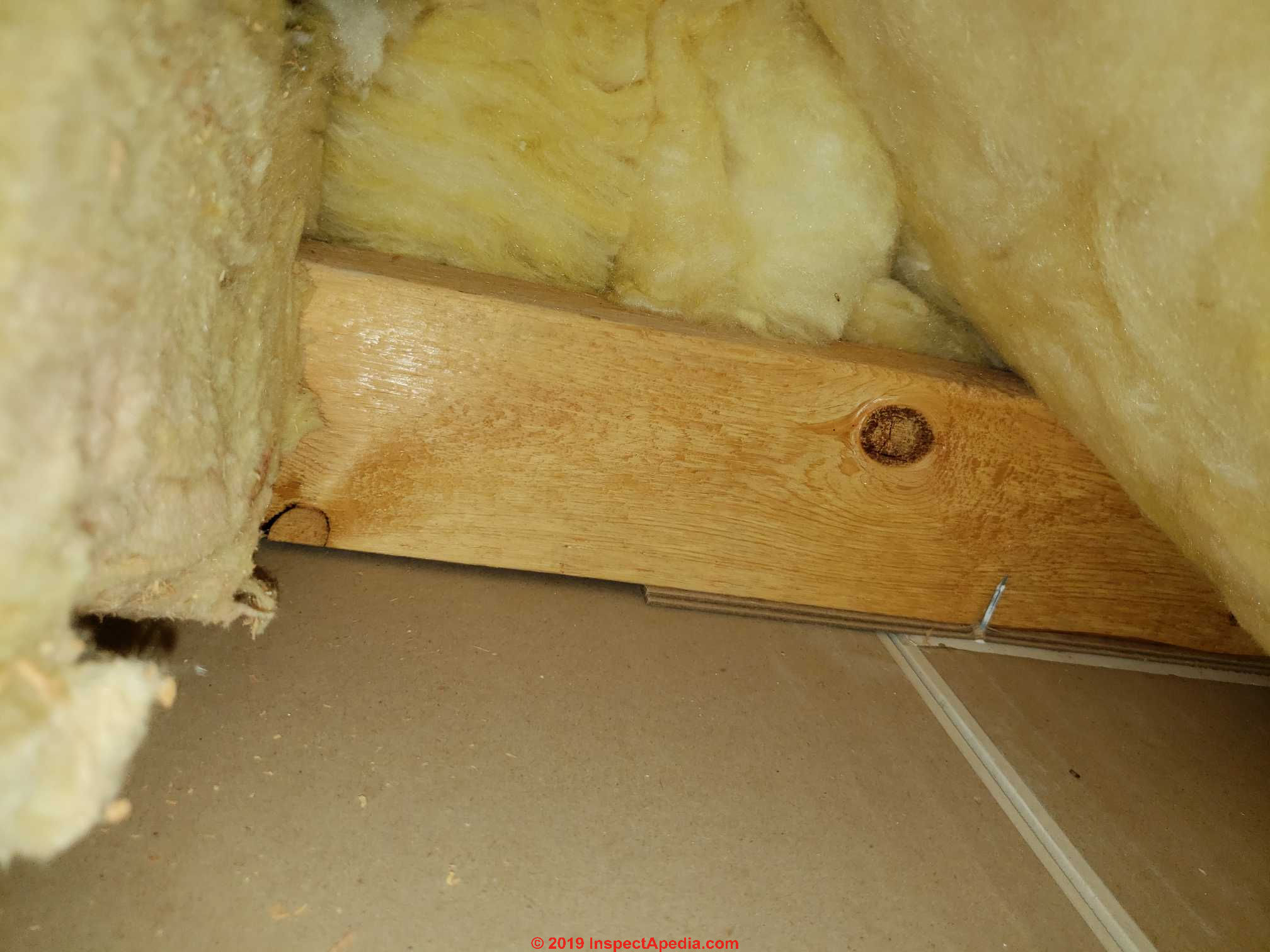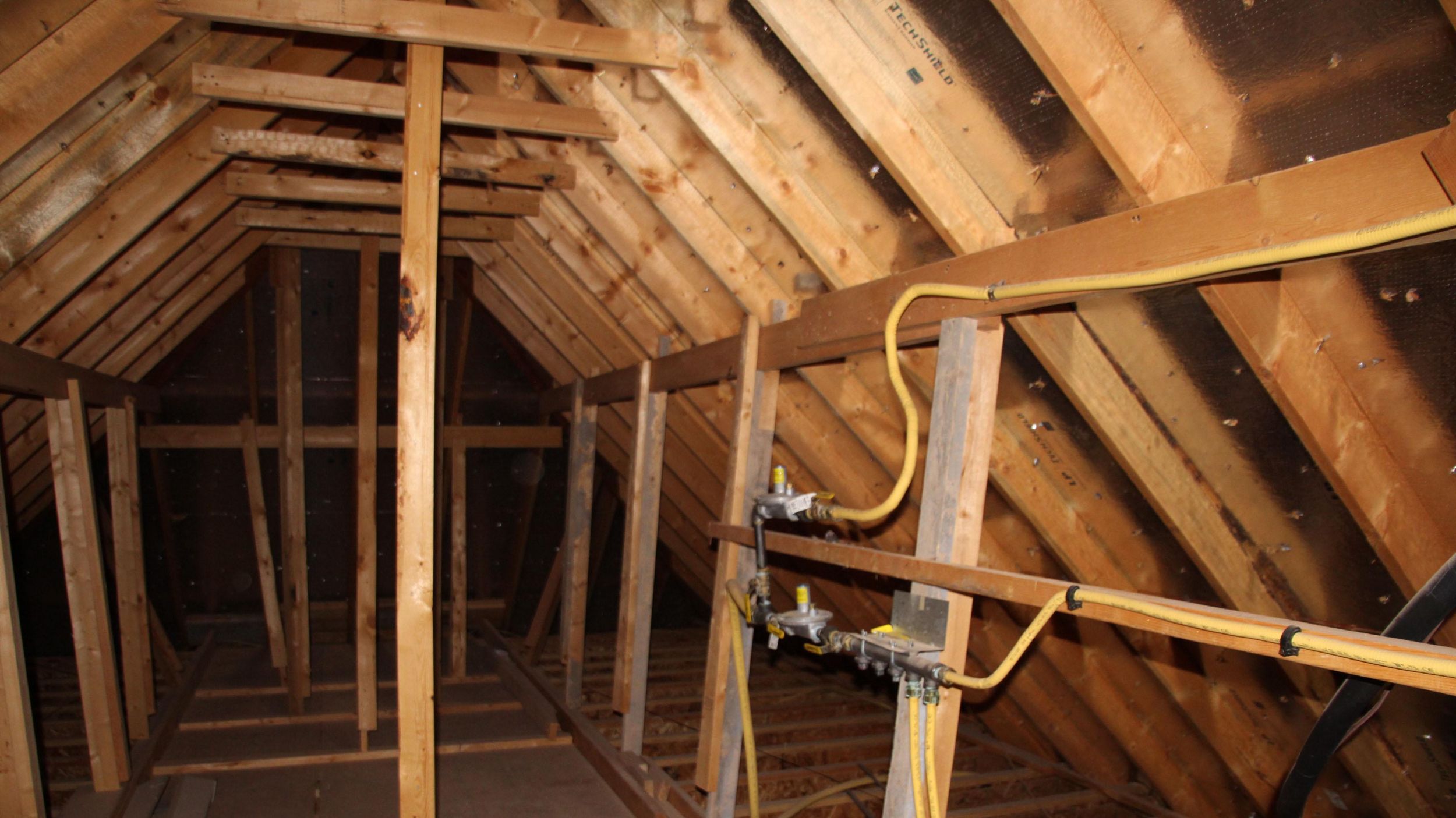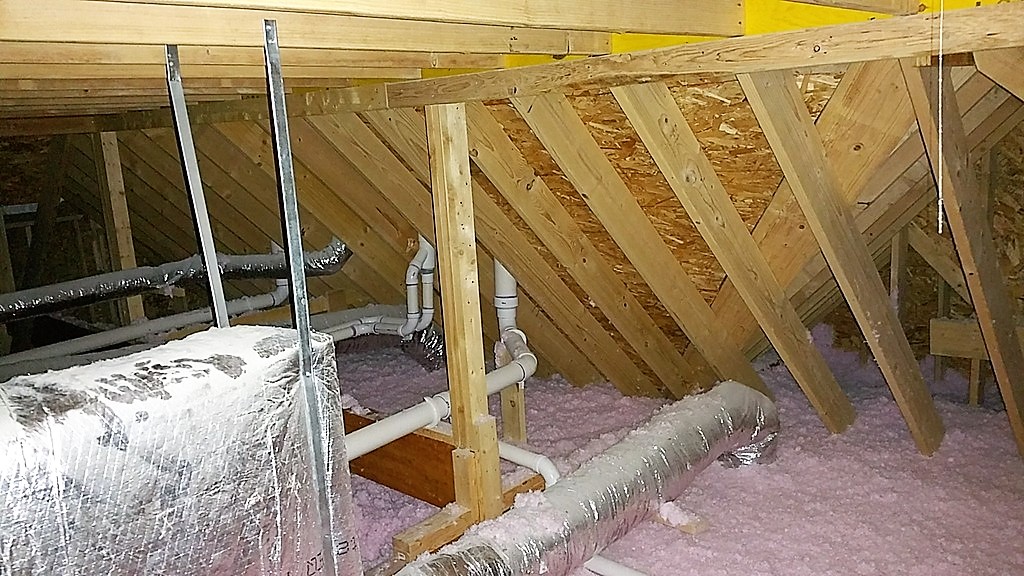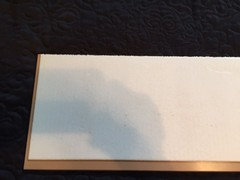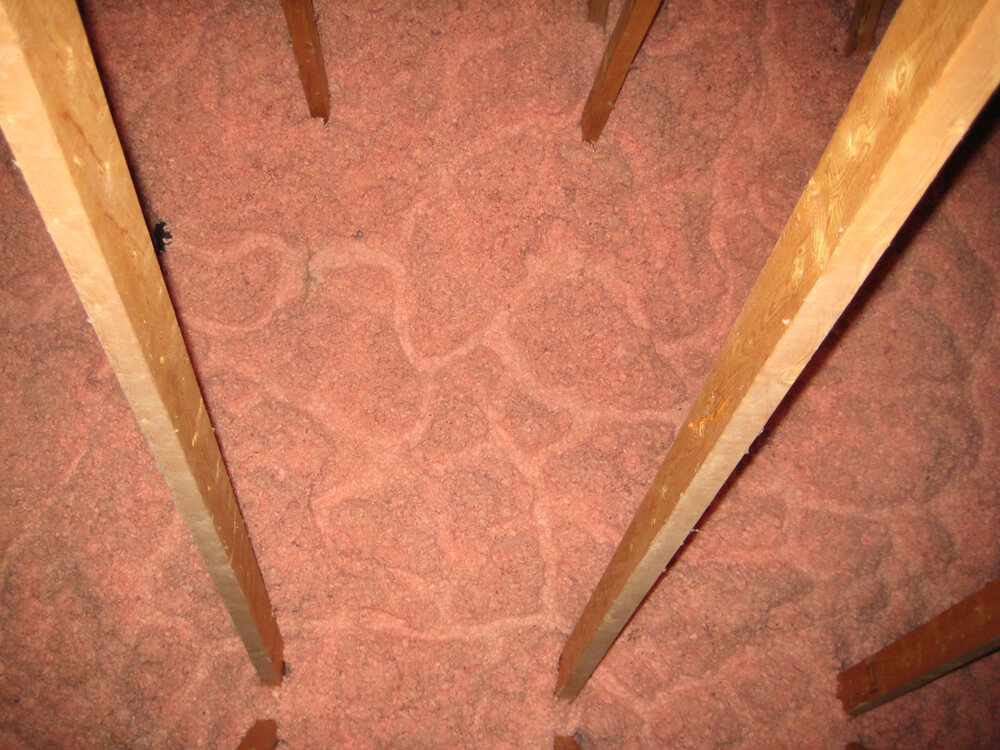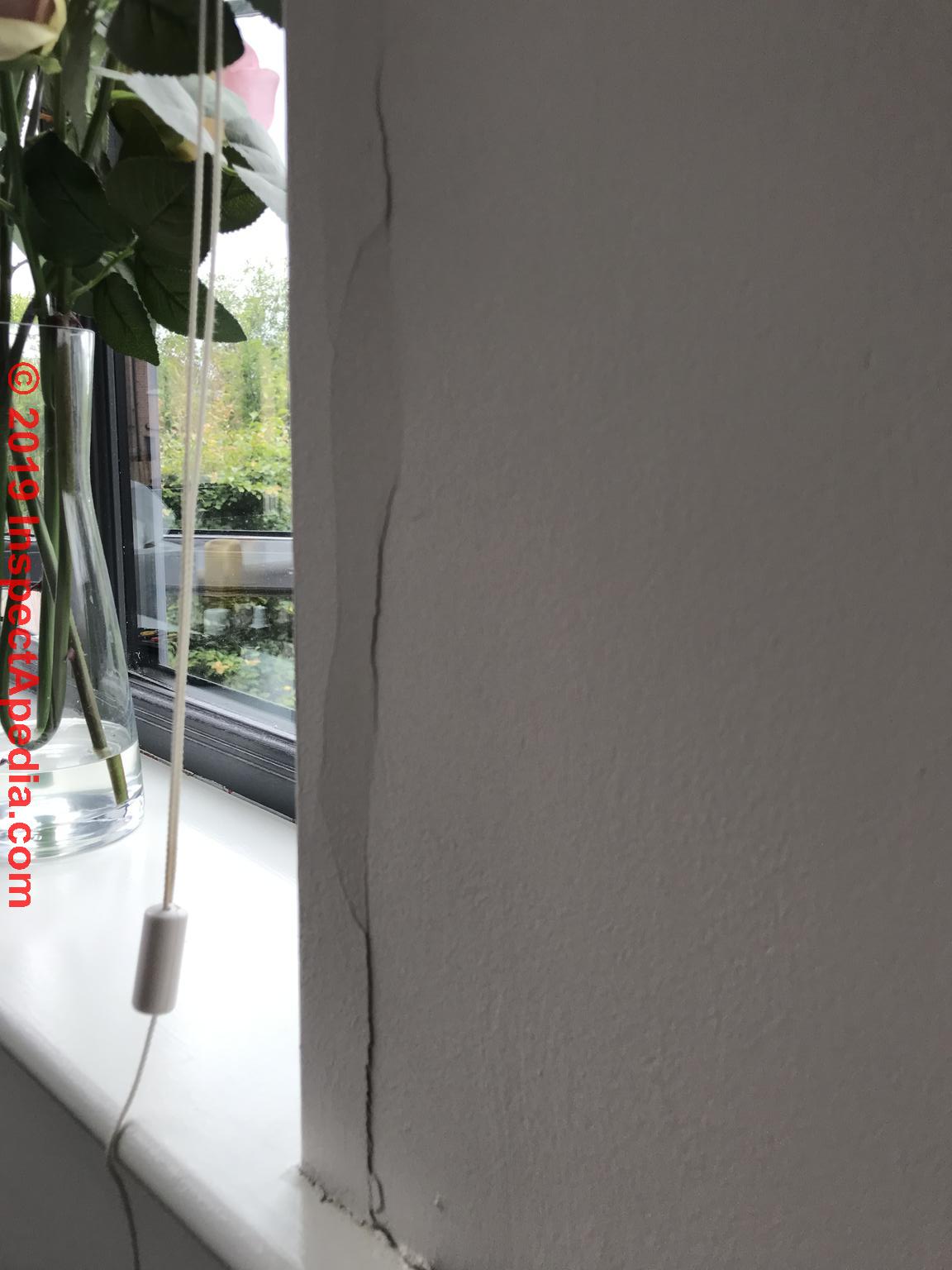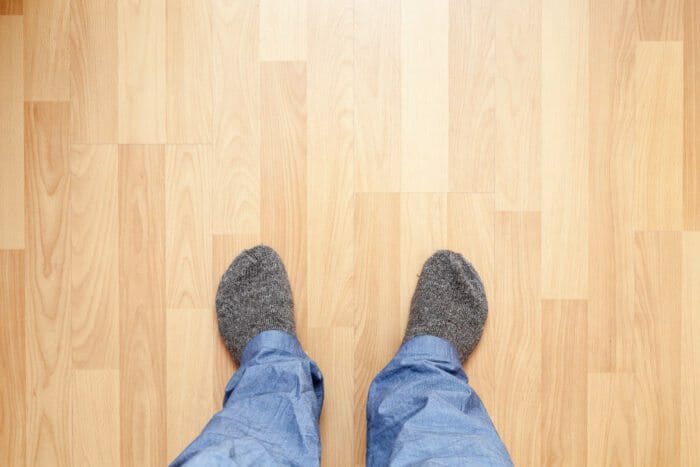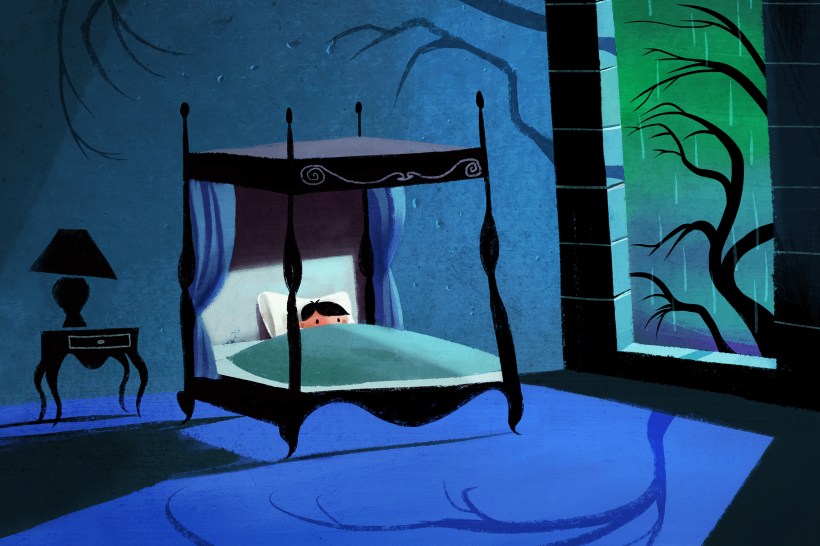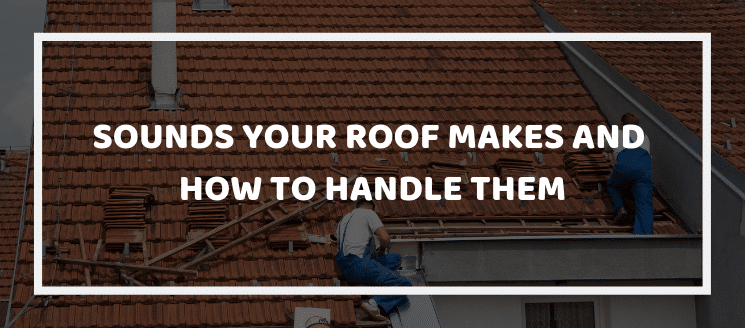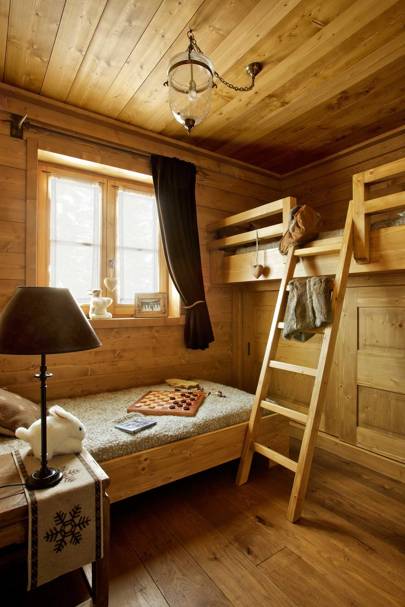In addition to bees ailion says raccoons squirrels and birds have been known to get into attics and cause noises of course mice and rats can do the same.
Popping or settling noise in attic.
If that doesn t end the sound replace the dimmer.
Skittering sounds squeaks buzzes and other noises coming from your walls and attic may mean there s something living in your house that isn t part of your family.
Popping noise in walls attic 4.
Houses whether new or old make plenty of noise.
If your house is giving you the creeps because of popping noises from inside the walls and up in the attic you can probably chalk it up to something other than spirits from beyond the grave.
If you are concerned about these noises contact a home inspection professional for assistance.
Another primary and fairly mundane cause of random noises within a home is settling.
Popping is a common way to describe a variety of noises that a house makes and the causes are varied.
Fast moving scurrying noises are often rodents like squirrels or rats says bob.
Day and night we hear loud cracking or popping sounds usually three or four in succession.
One of the main causes of cracking and popping noises that seem to occur randomly in a house mainly deep within the walls floors and ceilings is known as thermal expansion.
At night attic can sometime make loud creaking and cracking sounds.
Sometimes loud noises in the attic may be caused by other factors not related to house settling or expansion contraction issues.
At night a hear sounds seeming to come from the attic that could probably be described as settling sounds and occasionally these sounds have the same volume and characteristics of sound as an acorn falling on the roof.
Popping cracking sound in the attic i bought this house about 6 months ago.
Wall or attic sounds.
It can ofter sound as if the roof is broken in some way or the roof is going to collapse.
The most common noise inquiries we get from homeowners are concerns about sounds coming from the attic.
If a fluorescent bulb is making the noise the fixture s ballast might need to be replaced the ballast is the part of the fixture that controls voltage to the bulb.
The explanation is much simpler than an apparition in the attic.
Some bulbs mention on their packaging that they are designed to work well with dimmers.
This post originally appeared on improvement center.
Our house is making settling noises in the attic over the bedroom.

